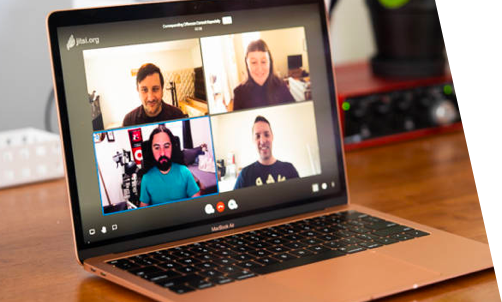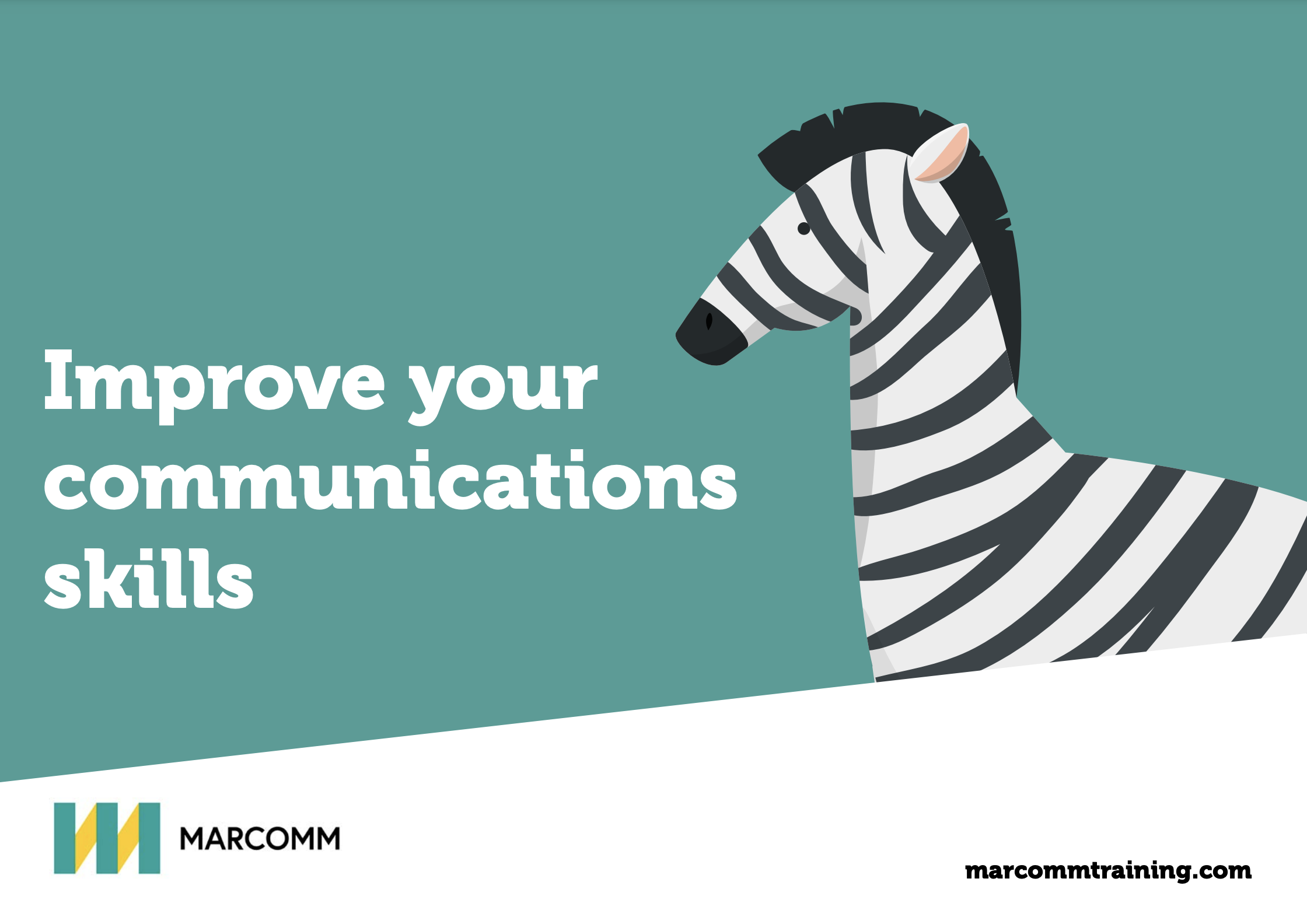Competency Based Interviews
Many organisations use competency-based interviews (CBI) in their recruitment process. When you find yourself called for a CBI, how do you prepare to give yourself the best chance of performing well? Firstly, it is important to understand what a competency-based interview is and the type of questions you will be asked. Then the important part, knowing how to prepare your examples. Here are few guidelines that you may find helpful.
What makes a Competency Based Interview different?
Competency Based Interviews also known as structured or behavioural interviews, are designed to test a specific skill or competency. Most organisations have a competency framework which describe the skills or behaviours they view as important in fulfilling roles within their organisation. These may include competencies such as, decision making, teamwork, customer focus etc. The competencies will be mapped for each role. The interview panel ask each candidate a specific set of questions and score the candidate’s response against these competencies.
What type of questions are asked in a Competency Based Interview?
The underlying premise with CBI, is that past behaviour is assumed as a good guide to future performance. Each question tests a particular competency. Candidates are asked to describe an example that best demonstrates their experience of that competency. The focus is very much on the candidate’s role and behaviour in the example. For example, if one of the job competencies is problem solving and decision making, the candidate may be asked to “give an example of a time when they had to make a difficult decision” or if the competency of leadership is being tested then the panel may ask the interviewee to “tell me about a time when you took the lead within a team…”
If you have not prepared your examples in advance, the chances of you coming with a comprehensive response that demonstrates the behaviours the panel are after, are slim. Preparation is therefore key.
What is the best approach to preparing your examples for a Competency Based Interview?
The first step in your preparation is to analyse your potential employer’s competency framework. Be clear what competencies are relevant for the post you are being interviewed for. It is highly likely you will be informed of these prior to the interview
Next, draw up a list of examples that best match the competencies that you will be tested on. Think about things you are proud about, problems that you solved, times when you worked with others to deliver a specific outcome.
Then, use a structure to develop your examples. The best method of providing a comprehensive answer is to use the STAR or SBO models. STAR (Situation, Task, Action, Result) or SBO (Situation, Behaviour, Outcome) models will provide you with a good structure to work up your examples and draw out the behaviours that you want the panel to hear.
Here are some questions it might be worth considering as you prepare your examples using STAR or SBO.
Situation:
It is important that you introduce the panel to your example and provide some context.
- What was the background to this example?
- What was your role and your responsibilities in at the time?
Task:
- Clearly describe to the panel what it was that you had to do in your example.
- Be able to describe what was the task and specifically what was the challenge you faced?
- What outcomes were you hoping to achieve?
Behaviour:
This is the part of your response that the panel are most interested in. Be able to answer in detail these questions.
- What exactly did you do the address the task?
- Why did you decide on that course of action?
- In particular what skills did you employ and how?
I am often asked how much depth should a candidate go into? I suggest to clients to imagine that they have been asked to provide a complete stranger with a set of instructions on how to complete the task they are discussing. They should provide enough detail to allow someone to step into their shoes and compete the task.
Outcome:
Clearly state what was result of your actions by describing the outcome?
- How did your actions impact the outcome?
- What were the tangible results?
It is also worth reflecting on what you learned from the example you have just described. Quite often this is a supplementary question. It is a good way to conclude your answer and demonstrates someone who learning from experience
When it comes to dealing with a competency-based interview, preparation is the key. Understand what competencies the interview panel are testing. Draw together a series of examples that best demonstrate your relevant experience. Use a structure such as STAR or SBO to best describe your example and the role you personally played in that situation.
Follow these tips and you will give yourself the best chance of delivering a great performance and securing the job you want.
For more interview tips: https://marcommtraining.com/resources
Follow us on our social channels

